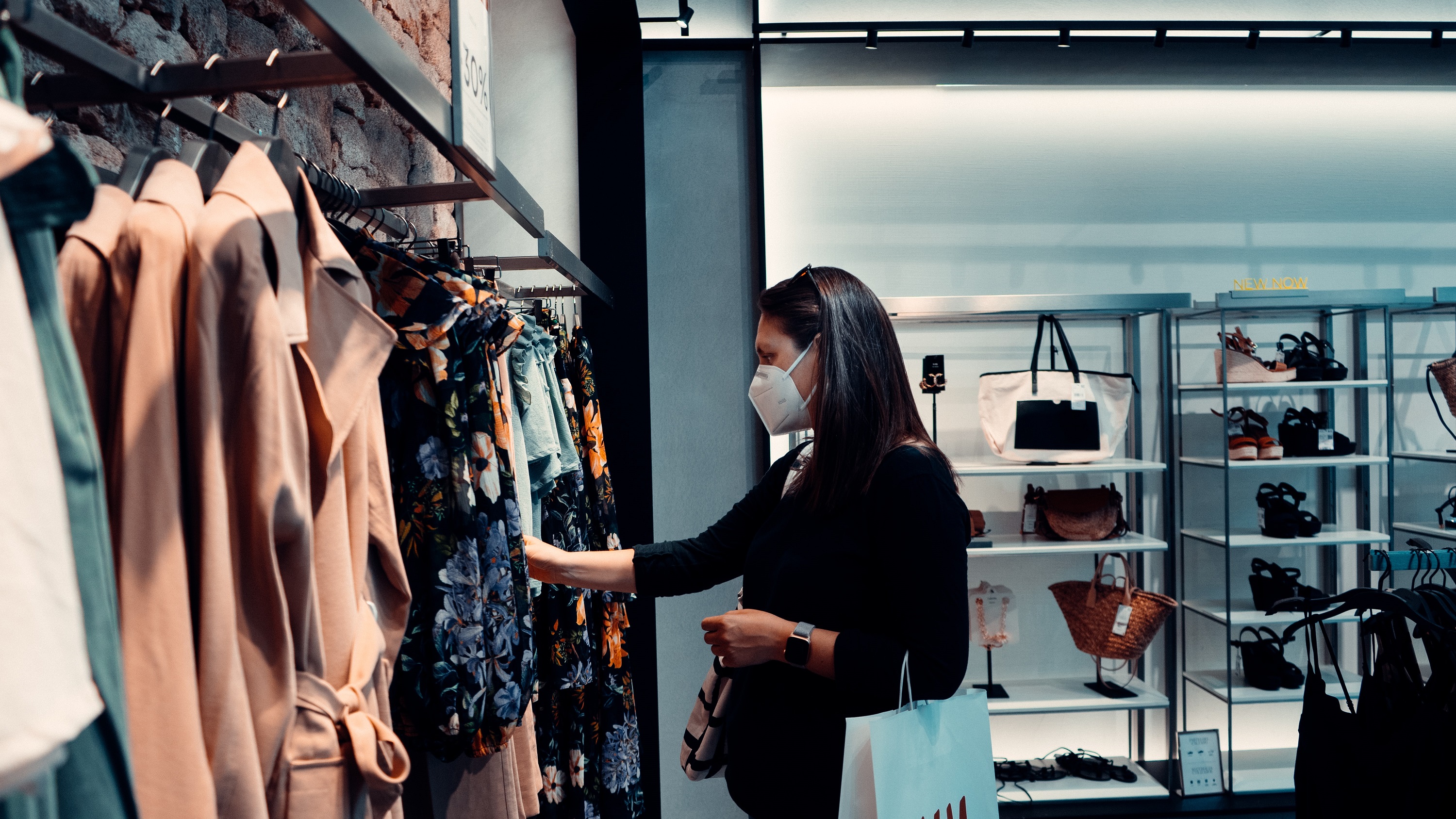We may not notice it because it’s who we are, but the way we think about life, the things we want, value, prefer, our aspirations, manners, fears, reactions, all those are “programmed” into our psyche through the social environment we live in. When COVID-19 forced itself into our lives and locked them down, it affected all of us. To some, its impact was physical, but to everyone, it is emotional. The social and behavioral implications that the coronavirus has wrought are just beginning, but they will be far reaching and enduring. We have entered a new era. The sooner we adapt, the better for all of us.
The coronavirus will not let us return to unbridled consumerism, to unchecked exploitation of the planet and each other.
Michael Laitman
Even if we want to return to our previous way of life, the presence of the virus will make it very difficult. Wherever we go, there is a chance we might catch the virus or transmit it to another person, even if we wear a mask and keep our distance. Gradually, the virus is forcing us to reconsider things we used to take for granted, such as going out to bars and restaurants, hopping a plane to go on vacation, buying new gadgets just because they’re new or because our friends have them, etc.
By forcing us to behave differently, the virus is actually “reprograming us.” Who would have thought just a few months ago that we could envision a life that’s not an endless pursuit of immediate (yet dissatisfying) pleasures? But now, if we only had our basic sustenance guaranteed, many would gladly opt out of the bandwagon and say, “Stop the world, I want get off,” to paraphrase on Leslie Bricusse’s musical.
The coronavirus isn’t yet another epidemic. Just like a computer virus, it is reprogramming our operating system and changes our very essence. But not in a bad way; on the contrary, it is slowing down our lives so we may discover hidden pleasures that we’d missed before. By forcing us to rely on one another for our health, the virus is teaching us that we can trust one another, that we can build supportive communities, and that we can find pleasure in people more than in stuff.
The coronavirus will not let us return to unbridled consumerism, to unchecked exploitation of the planet and each other. It will teach us how to build a good, sustainable life for ourselves and for our children. If we follow its directives willingly, we will complete the transition quickly and easily. If we remain obstinate, we will complete it painfully and slowly. Either way, COVID-19 will win. It will force us to lock up what’s not essential for life, and open up what’s essential for happiness.


